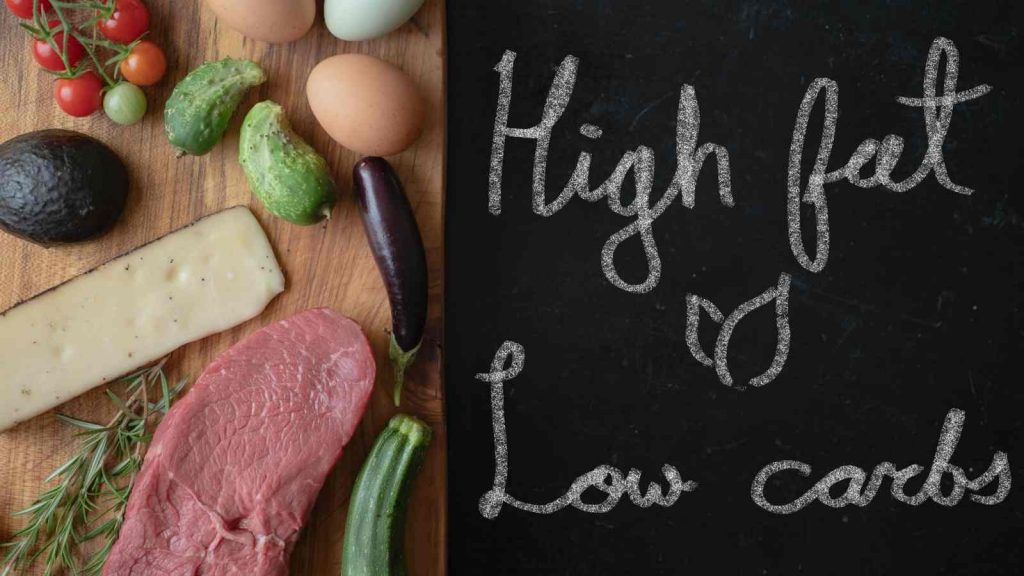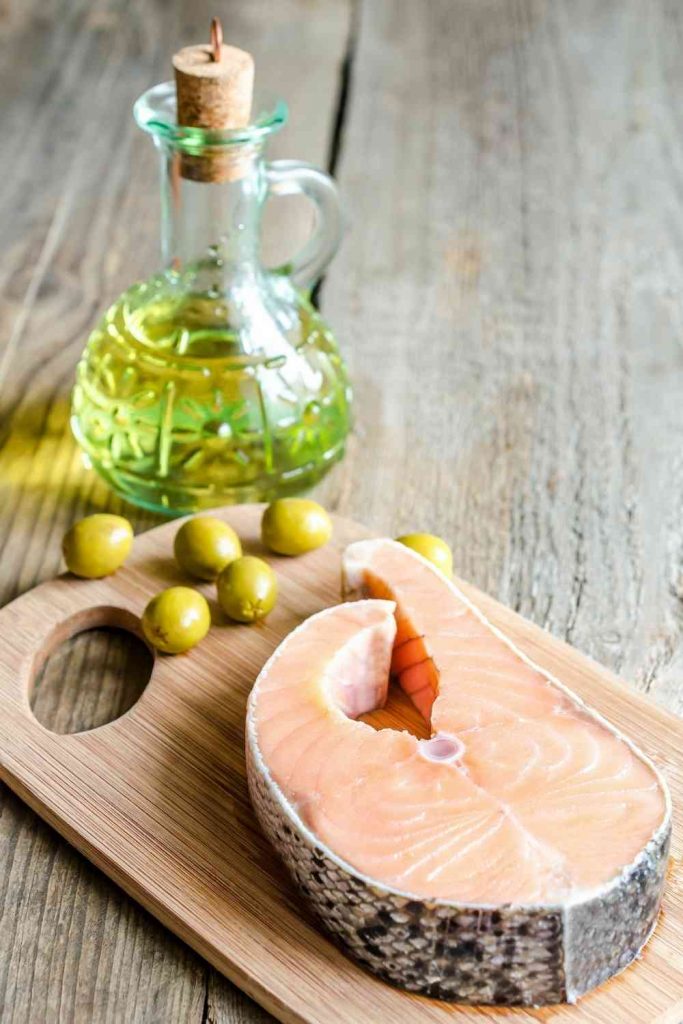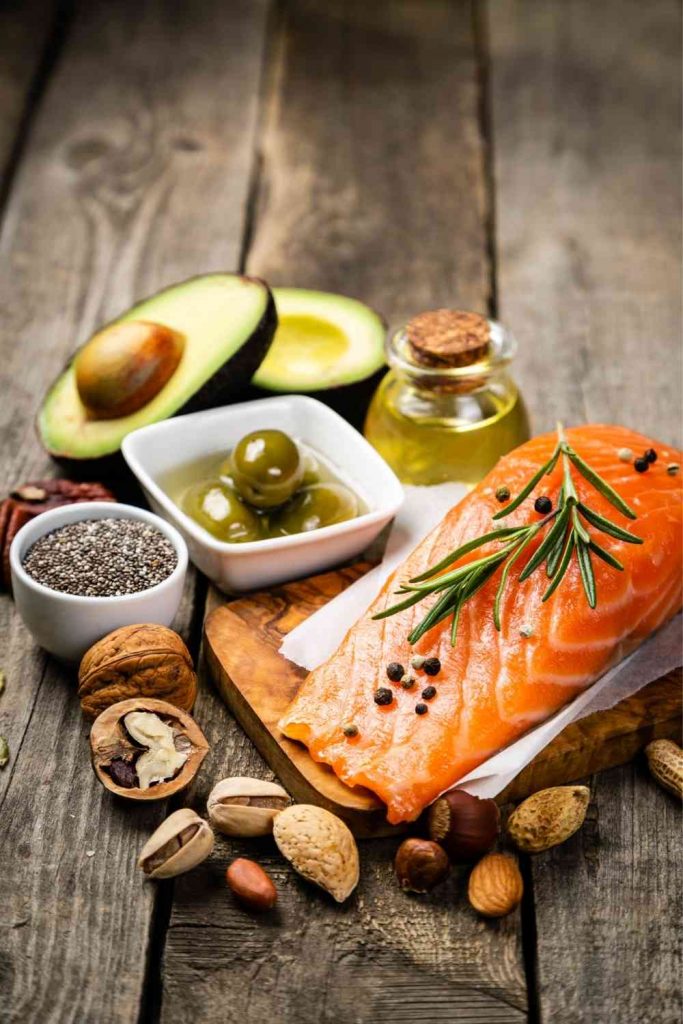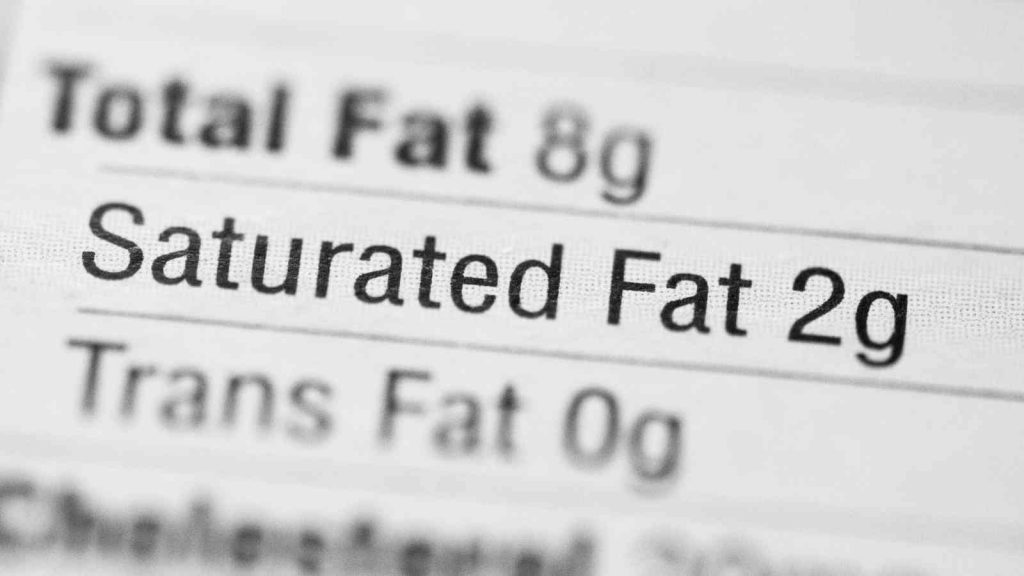The very popular keto diet is one of a larger set of low-carb diets. The Keto diet has lately received more widespread recognition than its competitors, such as the Atkins diet and other low-carb diets. The ketogenic diet checks all of the boxes on most health questionnaires. The outcomes that folks have seen thus far have been fantastic and amazing.
With millions of people embracing the keto revolution every day and fitness influencers and celebrities praising it, you may as well join in. The diet is more than just a weight-loss plan; it's a way of life that not only helps you lose weight but also helps you reverse and alleviate the symptoms of a variety of chronic weight-related health conditions, including Diabetes Type 2, PCOS (Polycystic Ovary Syndrome), hair and skin care, and more.
If you're following a ketogenic diet, you're probably aware of how difficult it may be. On a keto diet, you have to make a lot of tough food choices. The diet is known to be restricted, and most individuals find it difficult to stick to for lengthy periods of time for the same reason. The difficulties you face on the keto diet may detract from your desire to live a healthy lifestyle.

The ketogenic diet is a low-carbohydrate, moderate-protein, and high-fat diet. It's scientifically verified and happens as a result of an induced metabolic condition known as ketosis. Your body needs energy, which is mostly provided by carbohydrates. In normal circumstances, glycogen (essentially sugar) is your energy source.
The Keto diet deprives your body of carbohydrates, causing you to enter ketosis, a condition in which your body uses fats for energy when carbohydrates become scarce. This helps you lose weight quickly while also assisting you with chronic diseases such as Diabetes Type II, PCOD, and others. Adding those additional proteins to your diet may help you achieve healthier skin and hair.
You can't accomplish this with other standard diets because you're not just lowering carbohydrates, but you're also restricting them to the point where you're stimulating supportive ketone production.
Most significantly, the ketogenic diet is about more than just cutting carbs. It's all about the carbohydrate, protein, and fat ratios. On a keto diet, you should keep track of your protein and fat consumption as well as the quantity of carbohydrates you consume.
Your net carb consumption is limited to 20-30 grammes per day on a normal keto diet. What about dietary fats? In a keto diet, how many grammes of fat are there?
This article will assist you in determining your fat content. Staying in ketosis and getting the most out of your keto adventure requires the correct fat intake. In the following part, we'll talk about how many grammes of fat you should consume on a keto diet.
How Much Fat Should You Eat on a Keto Diet?
The amount of fat you should consume is determined by your calorie requirements for weight loss or maintenance. It will also be determined by your eating habits and diet.
A ketogenic diet is low in carbohydrates, high in fat, and moderate in protein. The percentage of calories from fat will vary depending on how low your carb consumption is, but it will be between 50 and 75 percent. Based on varied calorie targets, below are a few examples of suggested daily fat reaches for a low-carb or ketogenic diet:

- 1,500 calories a day equals 83–125 grammes of fat.
- 2,000 calories per day equals 111–167 grammes of fat.
- 2,500 calories per day equals 139–208 grammes of fat.
On a keto diet, you must consume healthy fats. There aren't any other fats you can eat. The sort of fats you consume on a keto diet will have an impact on your keto journey and may stymie your progress. The next part of the article provides examples of foods that are high in various kinds of good fats.
Different Types Of Healthy Fats-Rich Foods
Monounsaturated Fat
Most plant and animal diets include monounsaturated fats, but a few foods are unusually high in them.

Olive oil, Macadamia nuts, Almonds, Pecans, Hazelnuts, Pistachios, Peanuts, Avocados, Pork, and Hamburger are some of them.
Omega-6 polyunsaturated fats are also found in these foods.
Polyunsaturated Fat
Omega-6 fats may be found in a variety of plant and animal diets, including the ones mentioned before. However, obtaining enough omega-3 fats requires a little more effort.

Omega-3-rich foods include:
Salmon, Sardines, Herring, Mackerel, Anchovies, Chia seeds, Flaxseeds, and Walnuts.
Saturated Fat
Saturated fat is found in a variety of healthy foods, including:
Coconut oil, palm oil, whole milk dairy products such as full-fat yoghurt, Mascarpone cheddar, Cheddar, and lamb meat are examples.

Healthy fats aren't only wonderful for a keto diet; they're also great for your heart ( cardiovascular health). Even if you aren't on a keto diet, your heart is sensitive to fats and needs to eat the correct foods. The quantity of fats you consume is a measure of how much you like keto. On a keto diet, healthy fats are just as crucial as low-carbs.
Final Thoughts
The keto diet is a low-carbohydrate, moderate-protein, high-fat diet. The keto diet is designed to put your body into a metabolic condition known as ketosis. Your body uses fats as its major energy source while you're in ketosis. This lowers your carb consumption, which aids in fat burning.
Never believe that a keto diet is only about cutting carbohydrates; the amount of protein and fat consumed is equally important. How many grammes of fat should you consume on a keto diet? Or how much fat should you eat on a keto diet? Hopefully, the information in this post has addressed your questions.
On a keto diet, you must consume a sufficient amount of healthy fats. This article should serve as a guide to help you acquire the proper amount of healthy fats in your diet. Eating the proper kinds of fat in the right proportions may help you lower your illness risk and improve your overall health.




